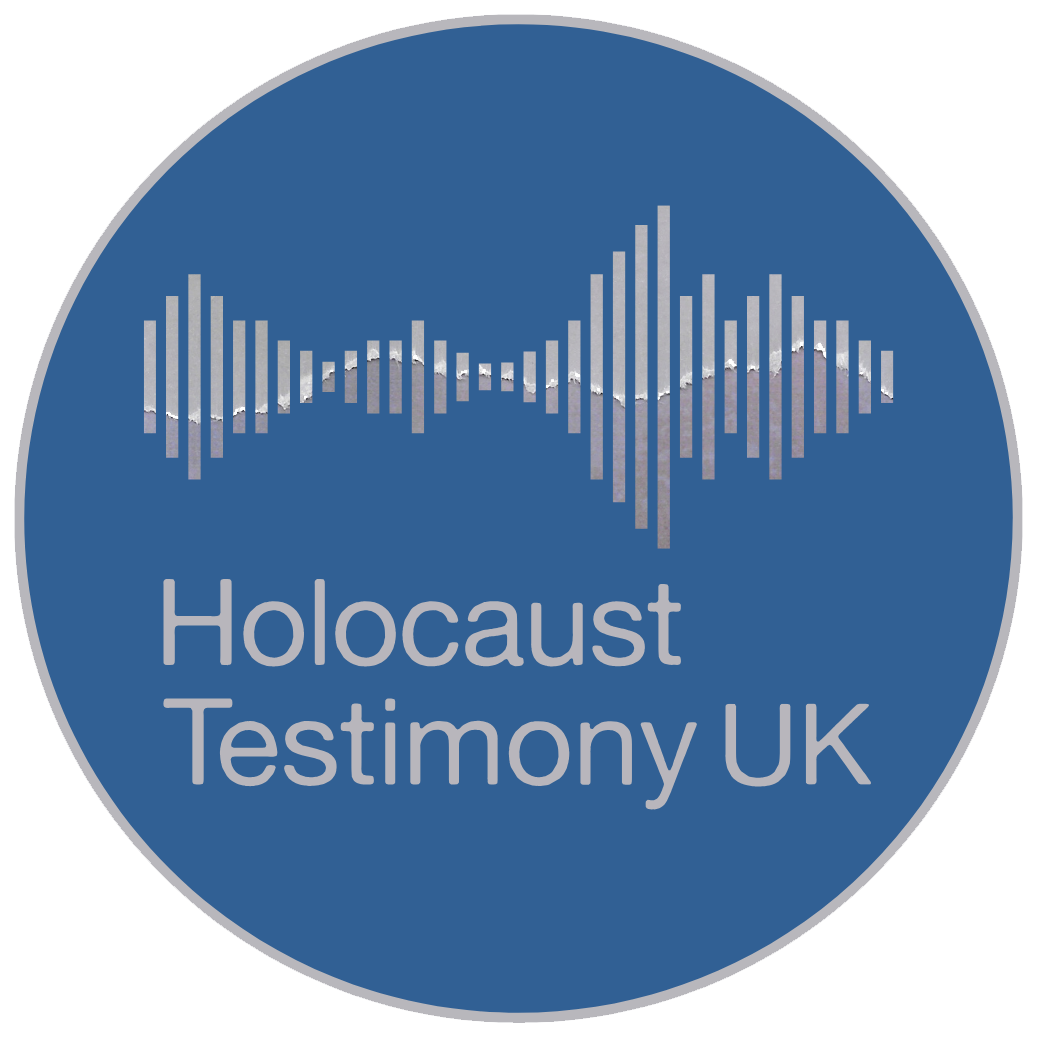top of page
<message>

Name
Born:
N/A
Place of Birth:
N/A
Date of Interview:
Place of Interview:
Interviewed by:
Name (Clickable)


It looks like this interview is hosted by one of our partners
Please click the link below to be redirected...
Visit Partner Website



INTERVIEW:
<name>
Born:
00/00/0000
Place of Birth:
Unknown
<name>
Born:
00/00/0000
Place of Birth:
Institution:
<partnerName>
Collection:
Unrestricted - Fortunoff Video Archive
Date of Interview:
Interviewed By:
Marilyn Goodman

Interview Summary
Videotape testimony of Marcel F. He recalls his family's farm; cordial relations with non-Jews; attending high school in Prešov; graduation in 1939; joining Betar; obtaining a Paraguayan passport in order to leave for Palestine with a group; embarking on a ship in Budapest in spring 1940; 100 released concentration camp inmates boarding in Yugoslavia; assistance from a Catholic bishop and the Jewish community in Ruse, Bulgaria; being barred from landing in Istanbul due to British communications identifying them as illegal; receiving food on a Greek island, in Piraeus, and from the Italian Navy (they had occupied southern Greece); being shipwrecked on Kamilonisi; rescue by the Italian Navy; detention on Rhodes; assistance from the Jewish community; transfer to Brindisi, then Ferramonti, in March 1942; benign conditions; a priest mailing letters to his family; liberation by British troops in September 1943; moving to a hachsharah farm near Bari organized by the Jewish Brigade of the British army; joining the Czech division of the British Air Force in 1944; training in England; returning home after the war; reunion with his brother and sister in May 1948 (his brother survived as a non-Jew and his sister was deported with his parents, who did not survive); marriage to an Auschwitz survivor; emigration to Israel in 1948; living in Haifa and Tel Aviv; and emigration to the United States in 1953 to join relatives. Mr. F. discusses sharing his experiences with his children; attending Israeli reunions of the his ship's passengers; and visiting Rhodes and Ferramonti, including a cemetery in Ferramonti where members of his group were buried.

bottom of page

